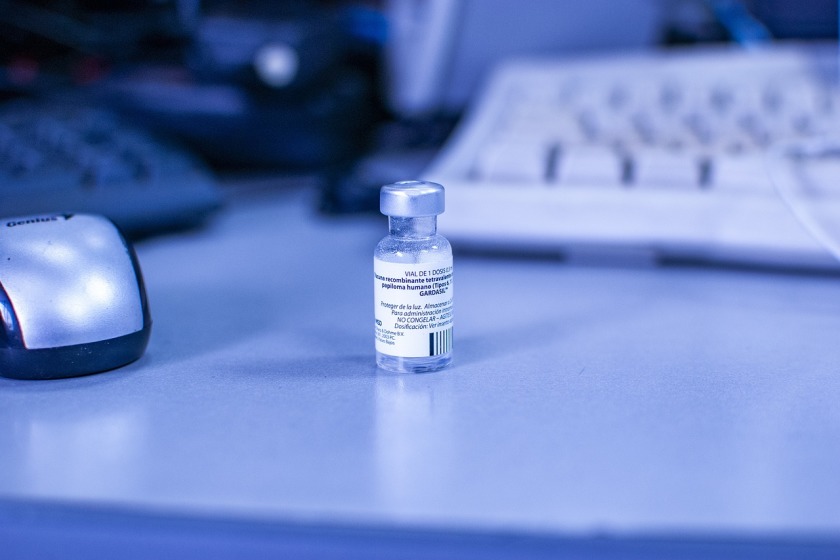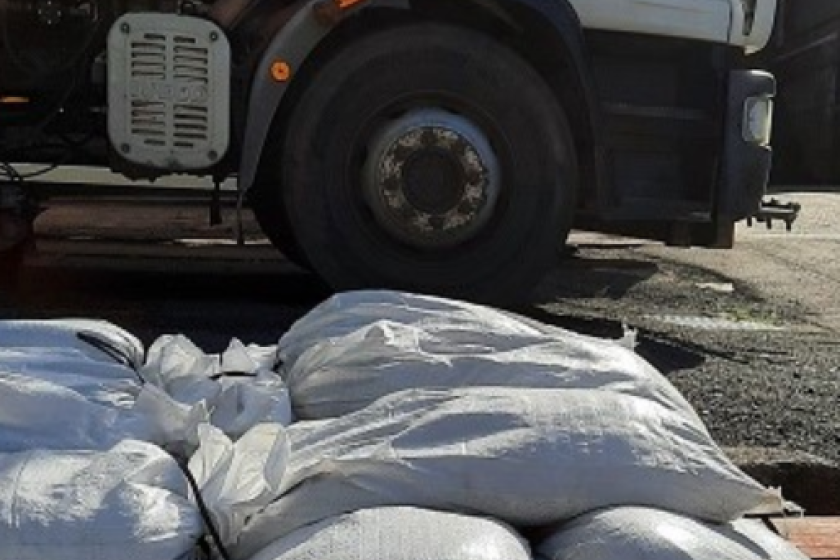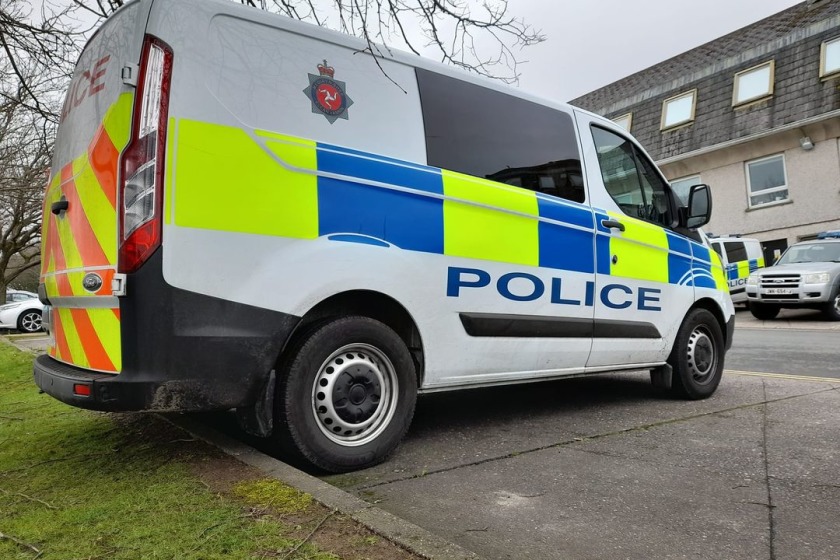Thu, 08 Apr 2021
The Isle of Man will follow the latest advice from the JCVI – the UK’s Joint Committee on Vaccination and Immunisation – and the MHRA – the UK’s Medicines & Healthcare products Regulatory Agency – on the use of the AstraZeneca COVID-19 vaccine.
It follows a thorough scientific review by the MHRA, the independent Commission on Human Medicines (CHM), and leading haematologists into UK reports of extremely rare and unlikely to occur specific blood clots in people who had the AstraZeneca COVID-19 vaccine.
The review concluded that whilst there may be a potential link between the clots and the AstraZeneca vaccine, more work is needed to understand this. The MHRA and the CHM will continue to keep the situation under close observation.
The JCVI and MHRA are now advising that – as a precaution – it is preferable for two groups of people to be offered an alternative to the AstraZeneca COVID-19 vaccine where available.
• Those aged under 30, who do not have an underlying health condition that puts them at higher risk of severe COVID-19 disease – this is because of the 79 cases reported there was a slightly higher incidence in the younger adult age groups and because the risks of severe disease associated with COVID-19 increases steeply with age making timely vaccination all the more important
• Those of any age who are at higher risk of blood clots because of their medical condition, unless the benefits from the protection from COVID-19 infection outweigh potential risks.
The current alternatives to AstraZeneca are the Pfizer and Moderna vaccines, with Moderna due to be available on the Island within the next few weeks. However, current scheduled supplies of these vaccines will mean that the overall programme delivery timeframes will now be longer. Anyone may wish to make an informed choice to receive the AstraZeneca COVID-19 vaccine.
Pregnant women who are on a high risk pregnancy pathway will be advised by Noble’s Hospital directly on the benefits and risks of vaccination, with all other pregnant women excluded from any current vaccination.
People with blood disorders that leave them at risk of clotting should also discuss the benefits and risks of vaccination with their GP before going for a vaccination.
Minister for Health and Social Care, David Ashford MHK, said: “I know that the reports of these specific types of blood clots in the brain – which are extremely rare and unlikely to occur – will be a cause of concern for some in our community. Patient safety is the number one priority for all vaccination programmes, including for COVID-19, and we will immediately adopt the advice from the MHRA and JCVI.
“This situation does, however, need to be placed firmly in context. No effective medicine or vaccination is completely without risk. The AstraZeneca vaccine is safe and effective and undoubtedly has already saved thousands of lives. The MHRA and the JCVI have made clear that the benefits of the vaccine far outweigh any risks.
The Minister continued: “We will of course now need to determine what the impact these changes will be have on our vaccination programme, but it will certainly mean a delay and a revision to our timetable.”
Given the need to manage three different vaccines with different delivery schedules and storage requirements, plus the need to ensure that both doses people receive are the same type, it is not possible to offer the public a choice of vaccine.
Anyone who declines or cancels their vaccination appointment because of the type of vaccine offered will be removing themselves from the current phased roll-out of the vaccination programme. A new appointment will only be offered at the end of the programme after all adults on the Island have been offered an appointment and as supplies allow which may still be the AstraZeneca vaccine.
Commenting on the advice, Director of Public Health Dr Henrietta Ewart, said: “The link between the small recorded number of clots and the AstraZeneca vaccine is not yet certain. If there is a link, the risk is incredibly small at around four cases per million people.
“Vaccinations are always a matter of personal choice and people should make an informed decision. But the UK’s medicines regulator and vaccinations advisory bodies are clear: the vaccination programme is highly effective and substantially reduces the risk of infection and severe COVID-19 disease. Over 20 million doses of the AstraZeneca vaccine have now been given in the UK which have saved thousands of lives.
“To date there have been no reported cases of these rare clots following a second dose of AstraZeneca. Unless specifically advised not to, people whose first vaccine dose was AstraZeneca should take up their second dose, which is important for longer lasting protection against COVID-19.”
 Fri, 29 Dec 2023
Fri, 29 Dec 2023
 Fri, 29 Dec 2023
Fri, 29 Dec 2023
 Fri, 29 Dec 2023
Fri, 29 Dec 2023
 Fri, 29 Dec 2023
Fri, 29 Dec 2023
 Fri, 29 Dec 2023
Fri, 29 Dec 2023
 Thu, 28 Dec 2023
Thu, 28 Dec 2023
 Thu, 28 Dec 2023
Thu, 28 Dec 2023
 Thu, 28 Dec 2023
Thu, 28 Dec 2023
 Wed, 27 Dec 2023
Wed, 27 Dec 2023